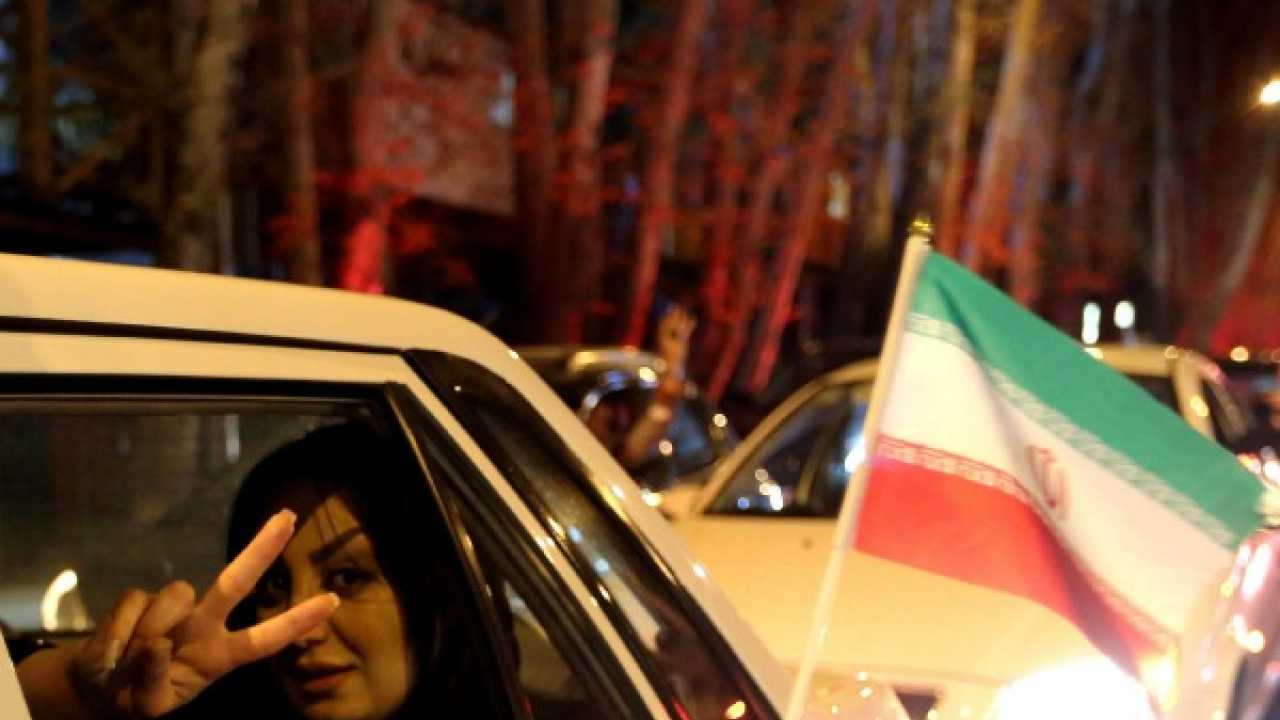
The nuclear deal with Iran that America's state department announced on April 2 has left the entire world in awe. No one expected the framework guidelines to be this expansive. No one believed that Iran would give up so much space for Ayatollah Khameini has repeatedly spoken about Iran's right to go nuclear. And no one expected the US to dangle so many carrots.
However, everyone expected Israel to react in a way that it did. Saudi Arabia has gone for a stoic silence over the deal but that might just be an anomaly. One can expect Saudi Arabia to make a statement (on the lines of Israel), soon.
By all means, the framework is historic as it begins the end of an acrimonious chapter. A rivalry of nearly half a century between the Great Satan and Iran could finally be ending as they agree to halt Iran's dirty bomb chases in lieu of economic sanctions that crippled Iran.
Also Read: All you need to know about sanctions imposed on Iran over the years
Surely, the deal is a win-win for P5+1, the world and Iran.
Iran has agreed to comprehensive inspections by the IAEA which effectively means that making the bomb in secrecy is out of question.
Arak reactor, right in the middle of a densely populated city will be redesigned after which it won't have the capability to produce plutonium of weapons-grade.
Iran gets to continue research and produce radioisotope as has been demanded as its right.
No uranium enrichment for 15 years and reduction of current stockpiles of low-enriched uranium.
The deal effectively means that breakout (the time that it would take for Iran to acquire enough fissile material for one weapon) will be extended at least 1 year as against 3 months currently.
In return, Iran gets a lenient lifting of sanctions that crippled economy of the state and cost Ahmadinejad his power and brought Rouhani in the picture who promised to cut a deal.
The economic sanctions on Iran will be lifted as an when the IAEA is convinced that Iran has taken all the steps agreed upon.
The sanctions, obviously, will snap back into place the moment Iran dithers from its commitments.
However, a longish rope has been given to Iran which could have made the agreement possible. The US State Department statement said ,"The architecture of US nuclear-related sanctions on Iran will be retained for much of the duration of the deal and allow for snap-back of sanctions in the event of significant non-performance."
The keyword here is 'significant'.
The US together with other P5 states are going an extra mile to make sure that Iran doesn't feel it has been shortchanged. Minor diversions from the agreement are likely to be ignored with just a rap on knuckles but anything more and all sanctions come back in place.
Moreover, sanctions on Iran for terrorism, human rights abuses, and ballistic missiles will remain in place under the deal.
Israel's reaction:
As expected, Israel continues to term this framework agreement as 'historic mistake' and one that will leave the world 'more dangerous'.
Israel went so far so that it said the agreement is a 'capitulation' to Tehran.
Israel's Prime Minister Netanyahu has been asking for significant rollback of Iran's nuclear capabilities. Israel claims that the present guidelines agreed upon fall miserably short of this milestone.
Israel alleges that the current agreement only lifts sanctions and yet allows Iran to retain all its nuclear programs including the one at Fordo.
The possibility of developing a nuclear weapon is more scary for Israel -- a state already possessing nuclear weapons.
Saudi Arabia and GCC:
Saudi Arabia is silent at the moment but one can expect it to take a similar stance to that of Israel soon.
The Gulf Cooperation Council (GCC) is likely to spend a few days studying agreement and then lash out against it.
The real threat, however, is from Saudi Arabia who has in clear words announced that it will actively seek nuclear weapons to protect itself if Iran gets one.
Relations with Saudi Arabia and Pakistan are well known. One can only guess from where Saudi Arabia will get its weapon if it chooses to.
The political turmoil in Yemen backed by Iran and Saudi's swift military reaction is a clear indication that Saudi Arabia is not going to lay low. The sectarian battles are only likely to grow as Iran tries to increase its influence in the region and GCC (including Saudi Arabia) does everything possible to thwart it.
The efforts of over two decades might be culminating into a solution that is the 'best option' to make the world a 'safer place' but the road ahead to June 30 might be a really long one.